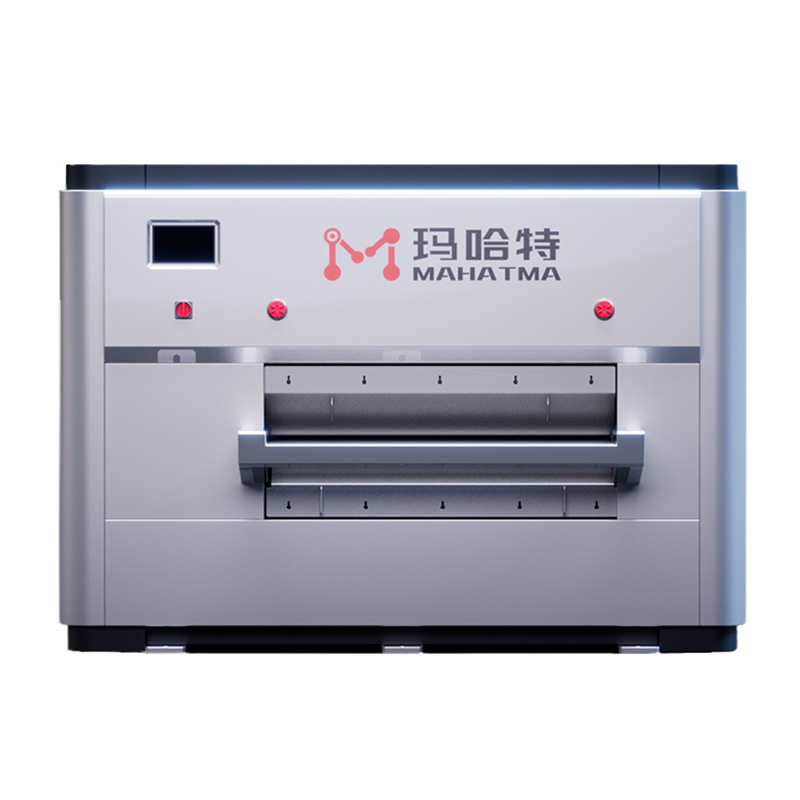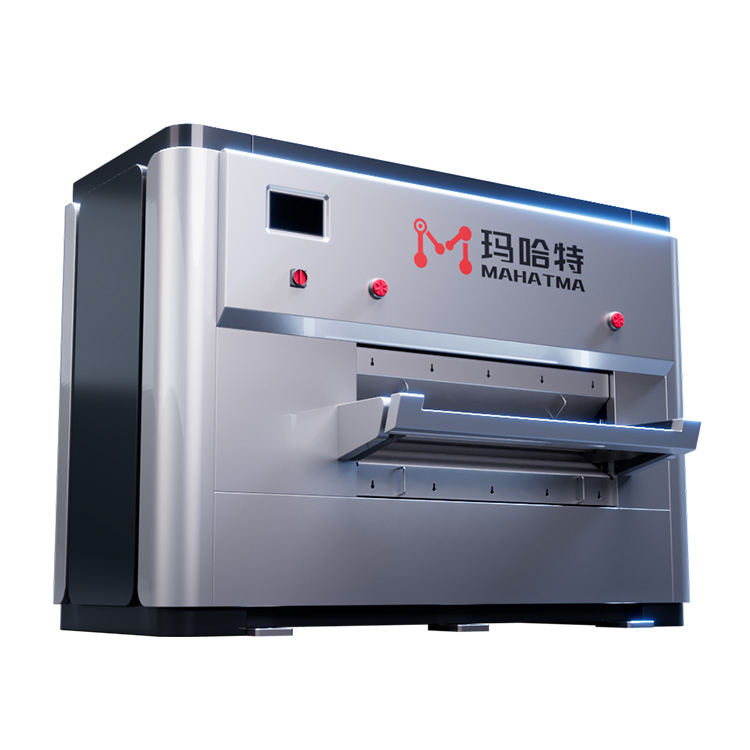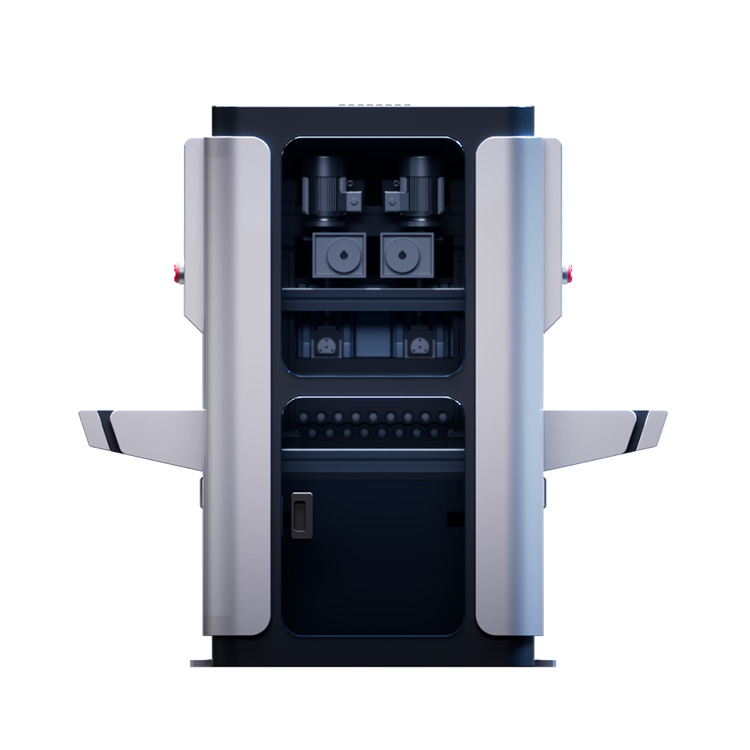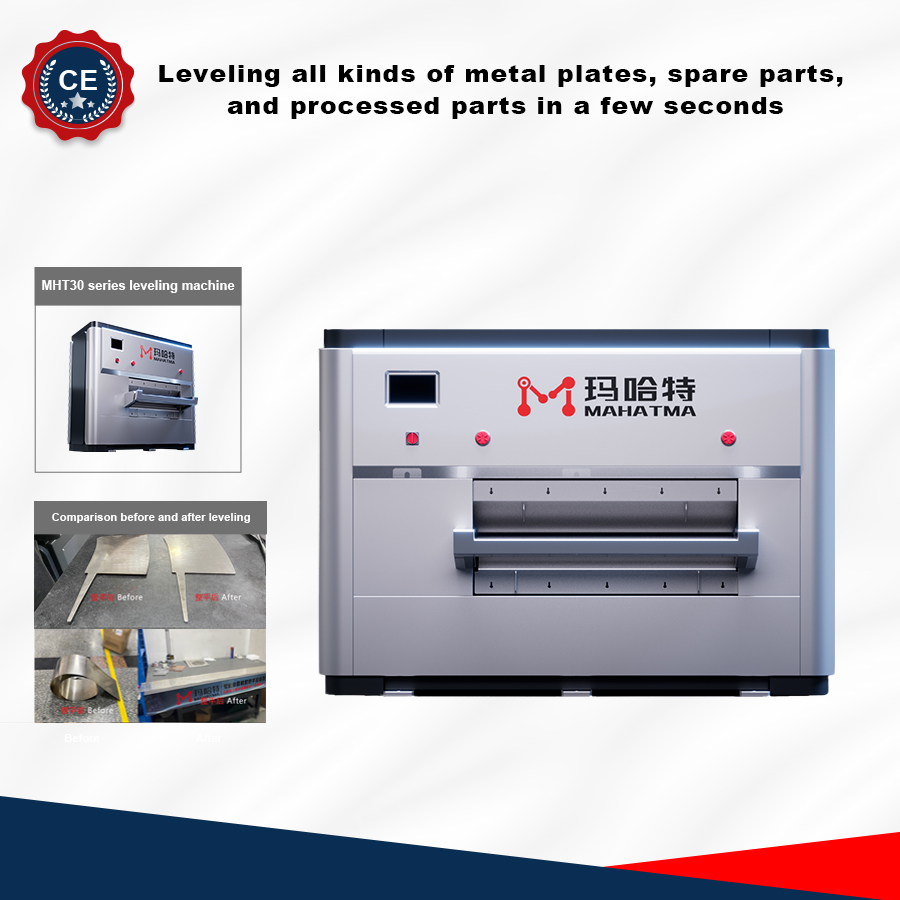Sheet metal processing is an essential part of many industries, from automotive to construction to electronics. However, one of the biggest challenges in sheet metal processing is achieving a flat, even surface on the metal. This is where metal leveling machines come in.
Metal leveling machines are used to flatten and straighten sheets of metal, reducing waste and improving the quality of the finished product. They work by feeding the sheet of metal through a series of rollers that apply pressure to the metal, flattening and leveling it out.
There are several different types of metal leveling machines, each designed for specific applications. These include:
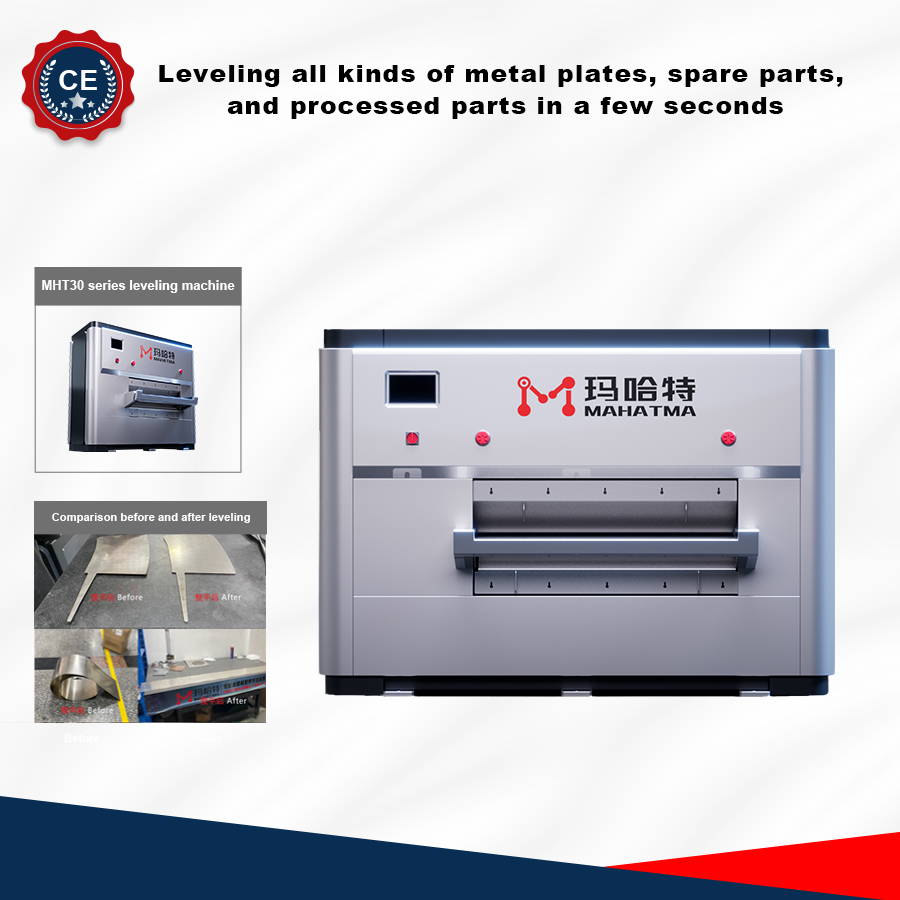
1. Sheet metal leveling machines - These machines are designed for use with thin sheets of metal, typically up to 6mm in thickness. They are commonly used in industries such as electronics, automotive, and appliance manufacturing.
2. Plate leveling machines - These machines are designed for use with thicker plates of metal, typically up to 50mm in thickness. They are commonly used in industries such as construction, shipbuilding, and heavy machinery manufacturing.
3. Coil leveling machines - These machines are designed for use with coils of metal, typically for use in the production of metal sheets. They are commonly used in industries such as roofing, siding, and HVAC manufacturing.
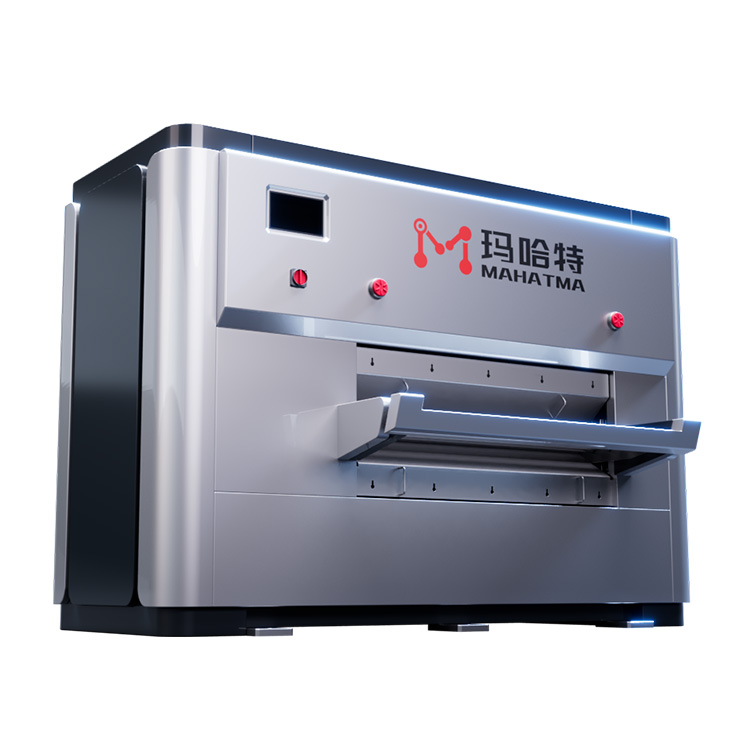
In recent years, there has been an increasing demand for metal leveling machines that can handle a wider range of sheet metal processing applications. This has led to the development of specialized metal leveling machines that can handle thicker sheets of metal, as well as machines that can handle a wider range of materials.
One example is the metal leveling machine for sheet metal processing. This machine is designed to handle a wide range of sheet metal processing applications, from thin sheets of metal to thicker plates. It is commonly used in industries such as automotive, construction, and heavy machinery manufacturing.
The metal leveling machine for sheet metal processing works by feeding the sheet of metal through a series of rollers that apply pressure to the metal, flattening and leveling it out. The rollers are designed to be adjustable, allowing the operator to adjust the pressure and spacing between the rollers to achieve the desired level of flatness.
One of the main benefits of the metal leveling machine for sheet metal processing is its versatility. It can handle a wide range of sheet metal processing applications, from thin sheets of metal to thicker plates. This makes it an ideal tool for manufacturers who work with a variety of materials and need a machine that can handle a range of thicknesses.
| Sheet Metal Leveling Machine Parameter Table |
| Machine Model | MHTP30 |
| Roller Diameter | φ30mm |
| Roller Number | 23 |
| Speed | 0-10m/Min |
| Leveled Width | <1600mm |
| Rated Plate Thickness | 0.5~2.0mm |
| Maximum Thickness | 3mm |
| Shortest Workpiece | 60mm |
| Applicable Object | Laser cutting part, Punching & Perforated sheet |
Another benefit of the metal leveling machine for sheet metal processing is its precision. It is designed to level metal sheets to within a few microns of accuracy, ensuring that the metal is perfectly flat and straight. This level of precision is essential in industries such as automotive, where even the slightest variation in flatness can compromise the performance of the vehicle.
The metal leveling machine for sheet metal processing is also highly efficient. Because it is designed to handle a wide range of sheet metal processing applications, it can process sheets of metal much more quickly and efficiently than traditional leveling machines. This means that manufacturers can produce more parts in less time, which can lead to significant cost savings.
In addition to its versatility, precision, and efficiency, the metal leveling machine for sheet metal processing is also highly user-friendly. It is designed with intuitive controls and a simple interface, making it easy for operators to learn how to use the machine quickly.
The metal leveling machine for sheet metal processing is a critical tool for manufacturers who work with sheet metal. Its versatility, precision, efficiency, and ease of use make it an ideal choice for industries such as automotive, construction, and heavy machinery manufacturing. With this machine, manufacturers can level and flatten their metal parts quickly, accurately, and cost-effectively, improving the quality of their products and reducing waste.


